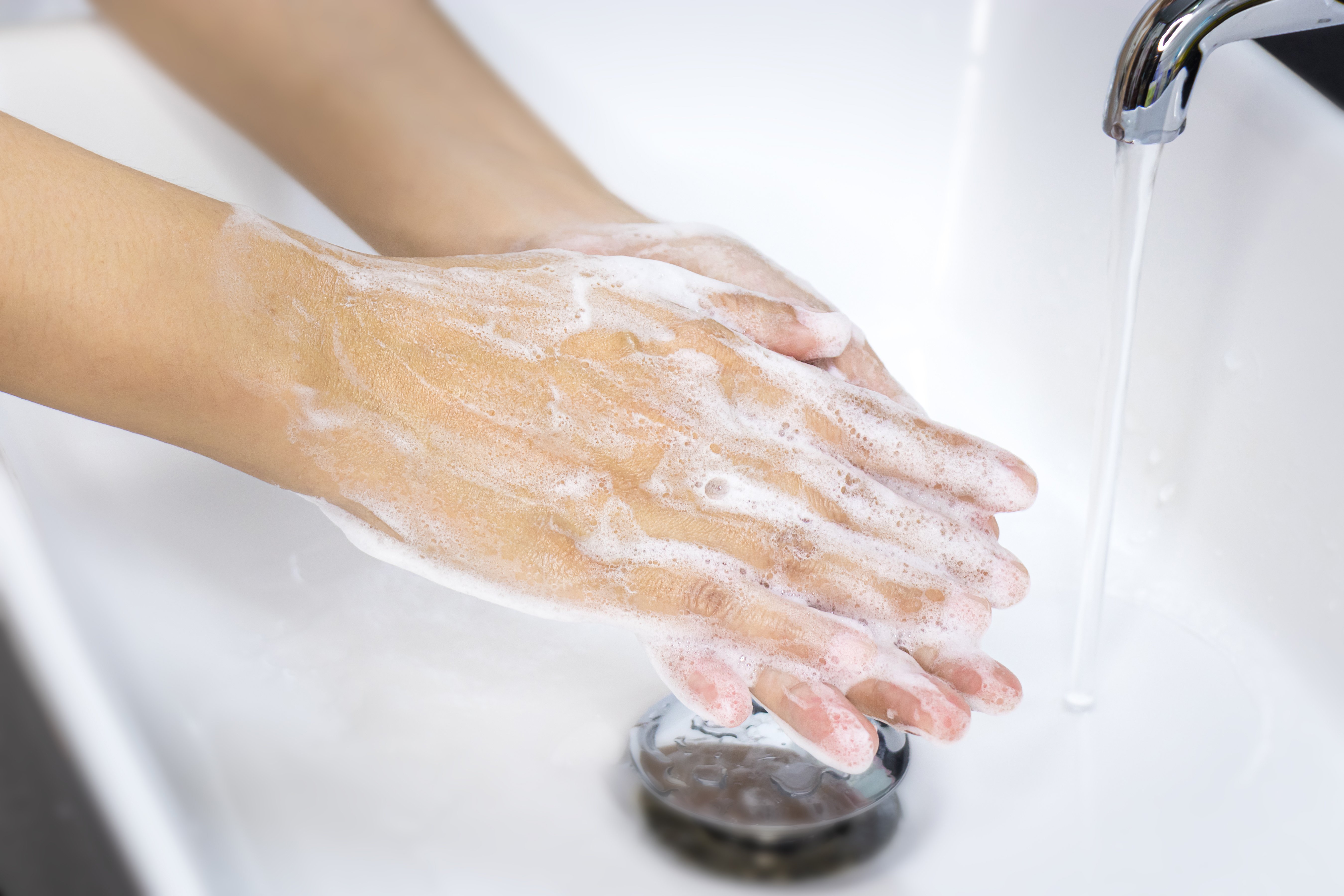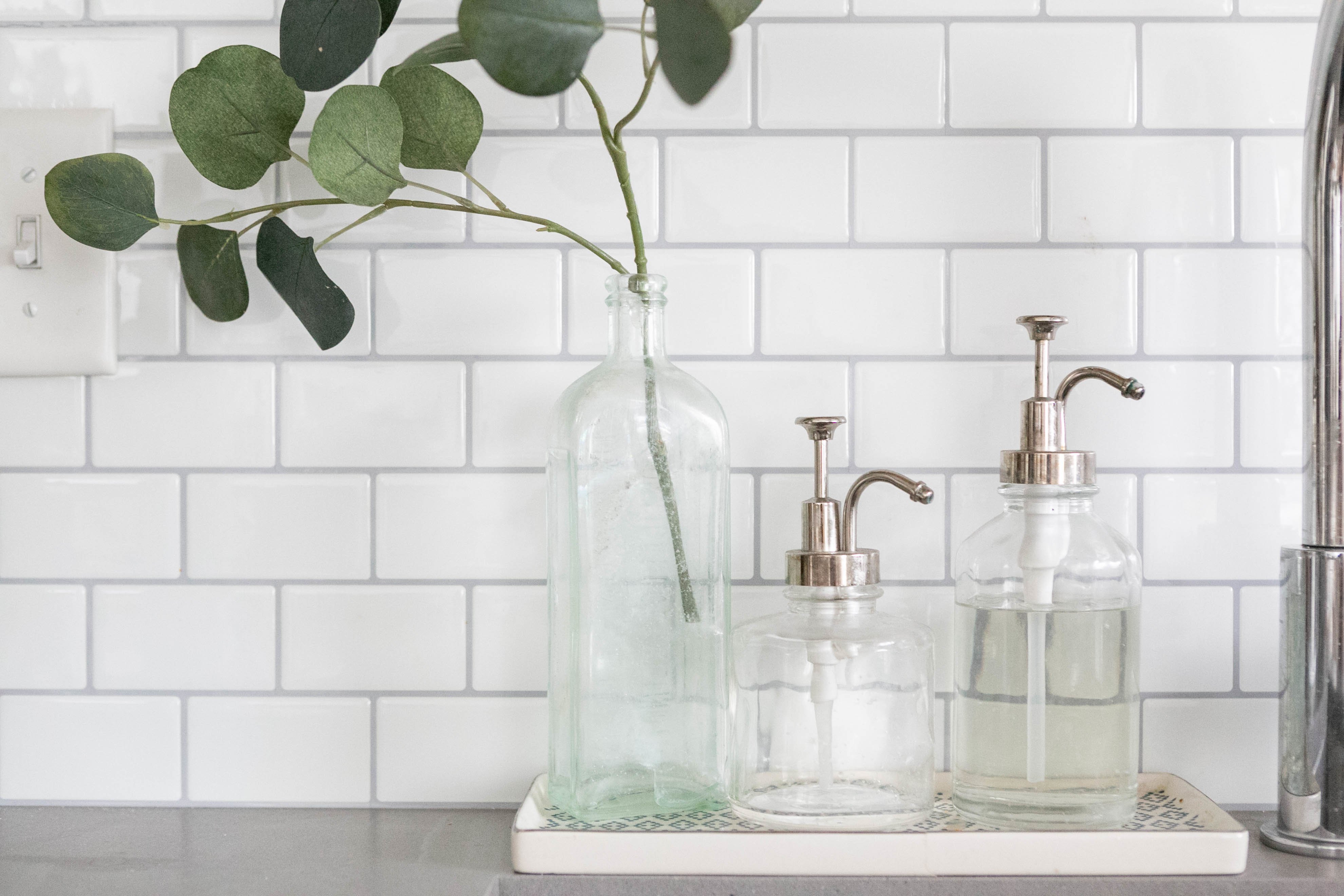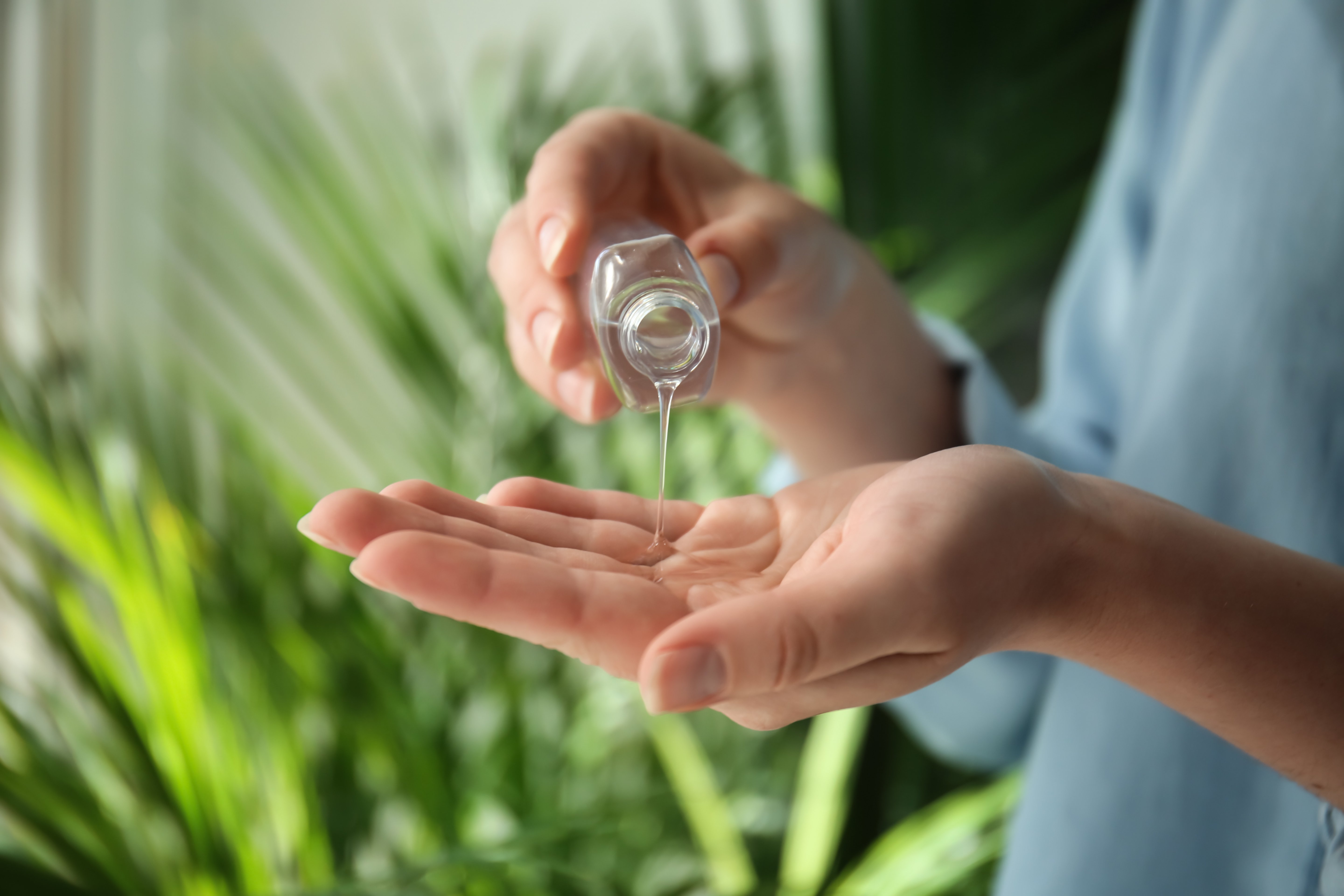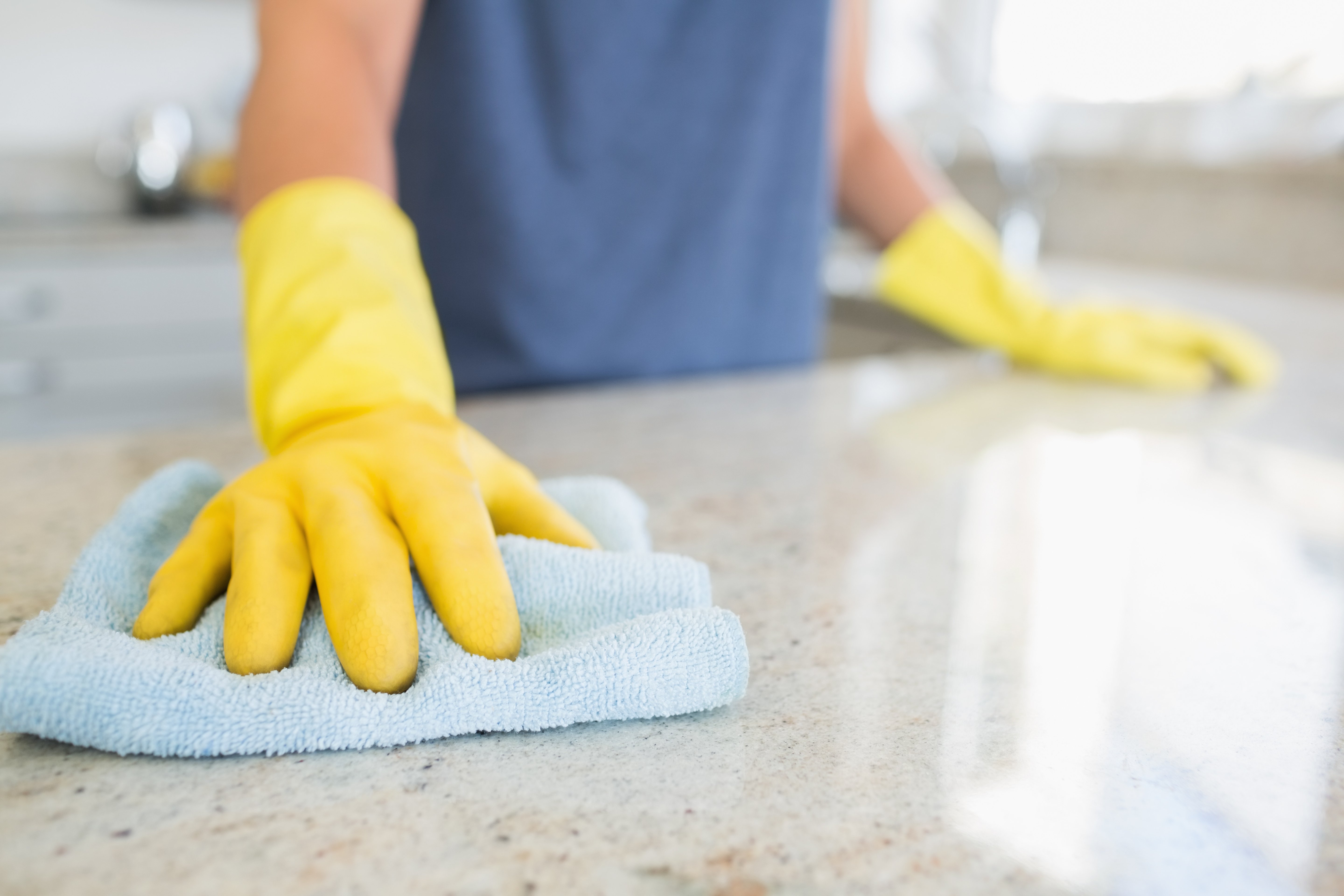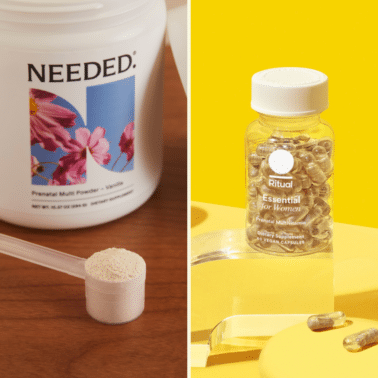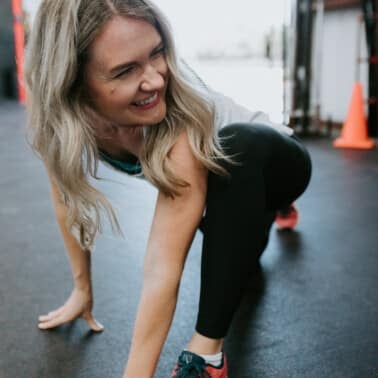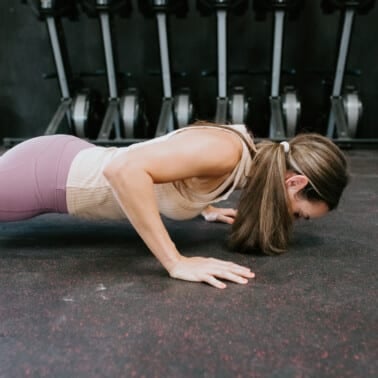NOTE: there are zero affiliate links in this post. While I do have them elsewhere on the website, we are providing this resource solely in an effort to answer questions circulating in our own health and wellness community. We will not earn anything from the products linked below. Links are only provided for your convenience.
While we’re all hyper-focused on handwashing (and anything else we can actually *do* to help prevent the further spread of disease), I wanted to bring you a helpful distillation of content that answers our collective questions on the subject. What does antibacterial mean and do we need to look for that on the label, too? Do we need a hand sanitizer after we wash? Is regular handwashing soap ok? What does a sanitizer do on its own? What will actually kill the germs most effectively?
Soaps and sanitizers are soon to be flying off the shelves (if they haven’t gone already) and I want to make sure I’m still being a savvy consumer. I want to know what I’m buying, that I’m not over-paying for marketing, and that what I’m buying is going to actually perform how I expect.
This post is a mixture of the recommendations provided by WHO and the CDC in addition to several of our most trusted sources. If you’d like to deep-dive on the details of the content, all official resources used to build this article are linked at the bottom of this page.
Now, let’s unpack the questions you sent us on the subject of hand soap and handwashing…
What does the WHO and the CDC say on the subject?
“Wash your hands frequently. Regularly and thoroughly clean your hands with an alcohol-based hand rub or wash them with soap and water. Why? Washing your hands with soap and water or using alcohol-based hand rub kills viruses that may be on your hands. “
– World Health Organization (WHO), read the full WHO handwashing article here
“Follow Five Steps to Wash Your Hands the Right Way
Washing your hands is easy, and it’s one of the most effective ways to prevent the spread of germs. Clean hands can stop germs from spreading from one person to another and throughout an entire community—from your home and workplace to childcare facilities and hospitals.
Follow these five steps every time.
- Wet your hands with clean, running water (warm or cold), turn off the tap, and apply soap.
- Lather your hands by rubbing them together with the soap. Lather the backs of your hands, between your fingers, and under your nails.
- Scrub your hands for at least 20 seconds. Need a timer? Hum the “Happy Birthday” song from beginning to end twice.
- Rinse your hands well under clean, running water.
- Dry your hands using a clean towel or air dry them.”
– Centers for Disease Control and Prevention (CDC), read the full CDC handwashing article here
Both the WHO and the CDC agree that washing our hands is one of the most effective things we can do to stop the spread of germs and disease. Washing our hands properly is key, though, and using soap and water is the preferable handwashing method. Using alcohol-based sanitizer is second best, and should only be used as a primary washing method when soap and water are unavailable.
Is an “antibacterial” soap necessary to kill germs?
First of all, what is antibacterial soap? Essentially, antibacterial products have added antimicrobial ingredients. Many hand soaps available in grocery stores are antibacterial, and while this is super effective for weakened immune systems, it isn’t actually necessary for the average healthy person. Here’s why: overusing antibacterial products can actually lower the amount of healthy bacteria on a person’s skin, making antibiotics less effective when fighting against new strains of bacteria, and often, those using antibacterial soap are under the impression that they don’t have to wash their hands as thoroughly or frequently because of the “strength” of their hand soap. Frequency and thoroughness are proven to be more effective than just using antibacterial soap.
Read the full antibacterial vs. regular soap article here.
Will a non-antibacterial soap work, too?
Yes. Non-antibacterial soap, or “regular” soap, is effective in getting rid of bacteria + germs on the skin. According to the CDC and the FDA, antibacterial soap is not actually any more effective than regular soap. Here’s the caveat though: in order for regular soap (or any handwashing soap, for that matter) to be truly effective, you MUST wash thoroughly and frequently.
What is the safest, least toxic option?
In my efforts to transition from toxic conventional products to safer options, I’m glad to know that “regular” (vs. antibacterial) handwash options are effective in getting rid of harmful bacteria and germs that may be lingering on my skin. Here are the safest, least toxic options I’ve found:
- Dr. Bronner’s Pure-Castile Liquid Soap (currently in-stock)
- Puracy Hand Soap (currently in-stock – this is what I use in my own home, I pour the 64 oz refills into glass soap dispensers)
- Beautycounter’s Hand Wash (currently in-stock)
- Primally Pure’s Baby Bar (currently in-stock)
- Mrs. Meyer’s Liquid Hand Soap (currently in-stock)
- Attitude’s Hand Soap (currently OOS)
- Babyganics’s Foaming Hand Soap (currently OOS)
- Seventh Generation’s Purely Clean Hand Wash (currently OOS)
- Branch Basics’s Concentrate (currently in-stock) + Foaming Wash Bottle (currently OOS)
- Tom’s of Maine’s Prebiotic Liquid Hand Soap (currently in-stock)
Any soaps that aren’t packaged with single-use plastics?
This question came through a few times and it’s a good one! A friend of mine recommended that I watch the A Plastic Ocean documentary (on Netflix) and it has greatly shaped a lot of my product buying efforts. If you’re in the same camp, here are some ideas for sourcing soaps/hand sanitizers that aren’t produced with single-use plastics:
Refillable Soap + Bottle Options:
- Puracy Hand Soap Refill (currently in-stock) + Glass Liquid Soap Dispensers (currently in-stock)
- Branch Basics’s Concentrate (currently in-stock) + Foaming Wash Bottle (currently OOS)
Bar Soap in Recyclable Packaging Options:
- Beautycounter’s Bar Soap in a recyclable paper box packaging (currently in-stock)
- Tom’s of Maine’s Natural Bar Soap wrapped in single-layer 100% recycled paper (currently in-stock)
Is Castile soap strong enough to kill germs?
Short answer: no, but it is effective. Here’s what I mean: Castile soap doesn’t actually kill bacteria. Rather than killing bacteria, surfactants, like Castile soap, remove germs and bacteria (+ dirt and grease), with the help of running water, making them perfectly effective in getting those hands clean.
Are all hand sanitizers created equal? What should I look for when buying one?
No, not all hand sanitizers are created equally. You’ll want to look for a sanitizer that is at least 60% ethyl alcohol. That may seem contradictory because we just talked about regular soap being just as effective as antibacterial soap, and alcohol is an antimicrobial agent (making hand sanitizer with alcohol antibacterial), but hear me out on this one. When you’re washing your hands with soap and water, regular soap is effective in removing harmful bacteria from your hands with the help of running water, but you typically don’t have running water available when using hand sanitizer (and if you do, you should be washing with soap + water instead), so alcohol is needed to kill the bacteria since it isn’t being washed off.
What hand sanitizers are still in stock?
Though this is a moving target, here’s a list of effective antibacterial hand sanitizers:
- Solimo (Amazon Brand) Hand Sanitizer with 70% ethyl alcohol (currently OOS)
- Purell Advanced Hand Sanitizer Naturals with 70% ethyl alcohol (currently OOS)
- The Honest Co. Hand Sanitizer Spray with 62% ethyl alcohol (currently OOS)
- The Honest Co. Hand Sanitizer Gel with 62% ethyl alcohol (currently OOS)
You may not be able to walk into a store, or even order online, antibacterial hand sanitizer, but fear not, we’ve got a DIY antibacterial hand sanitizer that will do the job. Here’s what you’ll need:
- isopropyl (or rubbing) alcohol – at least 90% alcohol volume
- aloe vera gel
- an essential oil of your choice (optional)
- travel size containers (like these)
You’ll need to keep the alcohol to aloe vera gel ratio to 2:1 in order for the final product to have an alcohol content of just above 60% (the CDC’s minimum recommended alcohol percentage). So, if you’re using the 2oz containers linked above, combine 2 tablespoons of alcohol with 1 tablespoon of aloe vera gel, add a few drops of your favorite essential oil if you’d like a scented sanitizer, screw on the lid, and give it a good shake. If you’re following the 2:1 ratio, your homemade sanitizer should be just as effective as store-bought.
Is bar soap as effective as a liquid soap?
Bar soap is just as effective in getting your hands clean, but there are a few things to keep in mind when it comes to using bar soap. It is likely that germs live on all bars of soap – after all, a wet, “slimy” environment makes for a great home for germs and bacteria – but simply rinsing your bar of soap before using it and keeping it on a dry surface so that it can dry in between uses should be just fine for the average, healthy person. If you suffer from a compromised immune system, sticking to liquid soaps is your best bet.
Most effective soaps for sensitive skin?
Fragrance, artificial dye, and colorant free soaps are the safest option for those with sensitive skin. Using soaps with minimal ingredients, and as non-toxic as possible can help to prevent bump, rash, or acne breakouts attributed to sensitive skin. Many of the brands linked above offer fragrance-free soap options; if you’re looking for a safe scented option, try adding several drops of essential oil (your scent of choice) to a fragrance-free soap.
Does water temperature actually matter when washing your hands?
The common thought here is that hot water is more effective in killing bacteria, right? Here’s the truth: the CDC’s first step in washing your hands the right way is, “wet your hands with clean, running water (warm or cold), turn off the tap, and apply soap.” In the CDC’s “Show Me the Science – How to Wash Your Hands” article, it is stated that warmer water may actually result in skin irritation without the added benefit of microbe removal. It is also believed that hot water that is comfortable enough to wash your hands in is actually not hot enough to kill bacteria, but it can be helpful in removing oils from the skin that house harmful bacteria. So, wash your hands in lukewarm water when you can, but don’t stress about it, or make it so warm that your hands become irritated.
Does fragrance impact the efficacy of the soap?
Fragrance does not compromise the effectiveness of soap, but it is important to remember that fragrance doesn’t equal effectiveness. Just because your hands still smell like soap does not mean that they are still clean; washing thoroughly and frequently is still important here.
Is there any research supporting “natural” soaps as effective?
Actually, yes. Studies show that soap works by lifting bacteria and viruses from the skin to be rinsed away with running water. Natural soap won’t kill bacteria, just as non-antibacterial soap won’t, but it is certainly effective in loosening the bacteria so that it can be rinsed away. The common theme here is that the effectiveness of handwashing has more to do with the thoroughness than the actual soap used.
Other practices to be mindful of (aside from washing our hands):
- How often we’re touching our face. It’s estimated that the average person touches their face 23 times per hour, or 552 times a day. I’m doing my best to pay more attention to this right now, between handwashing sessions. One of my favorite comic artists created this actually really helpful outline that teaches us ideas for how to touch your face less (the Oatmeal).
- When coughing or sneezing, cover your mouth and nose with the inside of your elbow or a tissue. When we cover our mouth with our hands and then touch the things around us, we’re putting our germs all over what we’re touching.
- Embrace social distancing. More on offical social distancing practices here and here. Have young kids at home? Check out Busy Toddler for in-home kid entertainment, get a jump start on Spring cleaning, and stay mindful that even though you may not be a member of the sensitive population, doesn’t mean you can’t spread disease to those who are.
- Clean and disinfect frequently touched surfaces (tables, doorknobs, light switches, countertops, handles, desks, phones, keyboards, etc.) often. What can you use to clean them? Good question. I use these antibacterial wipes or this natural multi-surface cleaner.
References
- When and How to Wash Your Hands. (2019, October 3). Retrieved March 12, 2020, from https://www.cdc.gov/handwashing/when-how-handwashing.html
- Advice for public. (n.d.). Retrieved March 12, 2020, from https://www.who.int/emergencies/diseases/novel-coronavirus-2019/advice-for-public
- Commissioner, O. of the. (n.d.). Antibacterial Soap? You Can Skip It, Use Plain Soap and Water. Retrieved March 12, 2020, from https://www.fda.gov/consumers/consumer-updates/antibacterial-soap-you-can-skip-it-use-plain-soap-and-water
- Blank Children’s Hospital. (2014, July 8). Antibacterial Soap vs. Regular Soap: Which One Is Better? Retrieved March 12, 2020, from https://www.unitypoint.org/blankchildrens/article.aspx?id=68ac1797-834f-409c-947b-4df322b04380
- O’connor, A. (2009, October 12). The Claim: Always Wash Your Hands With Hot Water, Not Cold. Retrieved March 12, 2020, from https://www.nytimes.com/2009/10/13/health/13real.html
- 4 Myths about Switching to Natural Soap. (n.d.). Retrieved March 12, 2020, from https://www.tomsofmaine.com/good-matters/natural-products/4-myths-about-switching-to-natural-soap
- Shannon, J. (2020, March 8). Health officials say not to touch your face. That’s harder than it sounds – even for them. Retrieved March 12, 2020, from https://www.usatoday.com/story/news/health/2020/03/08/coronavirus-prevention-how-stop-touching-your-face/4965517002/
- Lindberg, S. (2020, March 13). How to Make Hand Sanitizer: A Step-by-Step Guide. Retrieved March 15, 2020, from https://www.healthline.com/health/how-to-make-hand-sanitizer
- Show Me the Science – How to Wash Your Hands. (2020, March 4). Retrieved March 15, 2020, from https://www.cdc.gov/handwashing/show-me-the-science-handwashing.html#four
